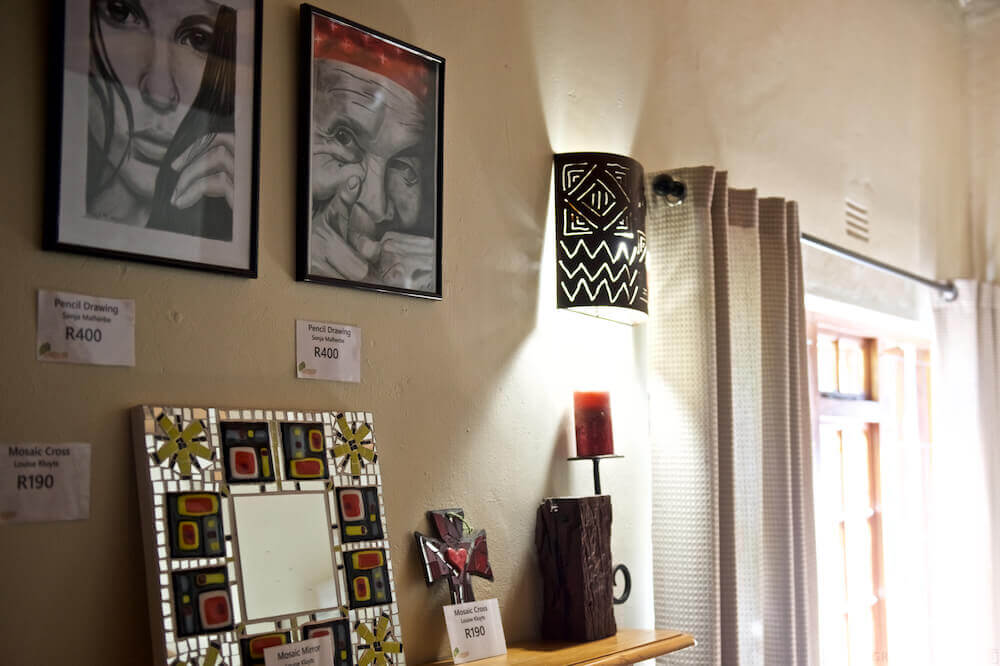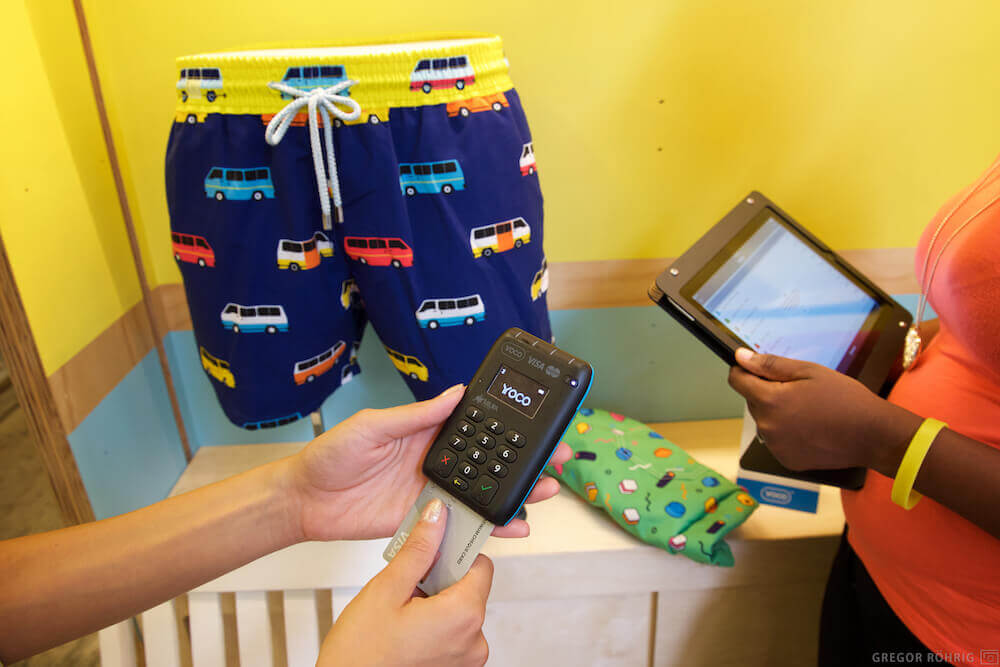As we move into winter, South Africans tend to prefer the company of their couches and fluffy blankets over going out into the cold. Often industries such as tourism, restaurants and retail stores specialising in products like ice cream see a decline in income during this time. If you own or run a business with a seasonal sales pattern you’re probably all too familiar with the dreaded quiet period. With this in mind, here’s six tips to help get your seasonal business through the slow season. We’ve also included some advice from Ursula, owner of iNkosi Eco Lodge, and Joshua, co-founder of Granadilla Swimwear.
Understand your industry
Do some desk research into sales trends in your industry. Chatting to people who’ve been in business for a while will also help you get a feel for peak and slow times.
Knowing what to expect can be a great tool to have in your arsenal. If you anticipate more or less when sales will rise and fall, it helps you manage your cash flows for the year. It’s good business practice to focus your cash outflows primarily when there is a steady inflow, and keep reserves for off-peak times.
Find additional income streams to supplement the quieter periods
Even though your business’s offering may not be needed during the off-season, your loyal and loving customers still have needs to be met. Adding products and services that are complimentary to your business – and meet a different need – is a good way to bring in some extra income.
iNkosi Eco Lodge is a guesthouse focussed on sustainability. They naturally experience slow periods, as do many businesses in the hospitality industry. To smooth over the quiet times, they have set up an art gallery and store where they sell recycled and upcycled furniture, carpets and artwork.

Extend your target audience
Think about who your business currently focusses on and ask yourself “is there anybody else who would find this useful?”. Broadening your target segments means that a wider range of customers will be exposed to your business, which could provide a steadier cash flow.
For example, iNkosi Eco Lodge used to target only corporate travellers because they brought in consistent traffic throughout the year. The problem they then faced was that they had a downturn during holiday seasons – this lead them to include consumers and holiday makers in their audience.
We’ve been busy over the festive season and holidays, whereas before we were quiet during those times because nobody is travelling for business.
Ursula, owner of iNkosi Eco Lodge
By broadening their target audience, iNkosi Eco Lodge has extended their busy season.
Follow the seasons around the globe
Granadilla, a Cape Town based swimwear company, has decided that a tiny obstacle like the cold won’t stop them from selling their colourful shorts. During the winter months in South Africa you will find Granadilla shorts on shelves in London and Los Angeles.
Our slogan is 'It's always summer somewhere'.
Joshua, co-founder of Granadilla
If you’re a bit more adventurous , this could be a great strategy to increase cash inflows. Exporting your product means you can follow your “on-season” to wherever it may be. It will take careful research and planning and is not without some measure of risk – but the potential rewards are huge.
Think of marketing as a year-round activity
“Why should I waste time and money on marketing if I’m not actually selling anything?”
Yes, yes we hear you. But consider this: when customers are ready to buy again you want your business to be the first that comes to mind.
A way to ensure this is to keep your marketing communications alive throughout the year. Engage your customers with events, interesting blog posts and social media updates. You can also send reminder emails to your customer base just before season starts (and maybe offer them a discount to give them more incentive to visit you).
For example if you sell ice cream, you could try and get your customers excited about summer during the winter months. Ways to do this could be having regular social media polls with questions such as “what are you most looking forward to about summer?”. You could even host a “fake summer” event with a warmed up room, a fake beach and ice cream tastings.
This way, when warmer days come around, your customers are likely to think of you first when deciding where to get a scoop or two.

Get Yoco
Ok so maybe this is a little bit of shameless self promotion – but we really do believe that our solution is well suited to seasonal businesses.
With Yoco there are no monthly rental fees, which means that you only pay when you actually sell, and don’t spend unnecessary money in the quieter months. When you buy a Yoco card machine, it’s yours! You are also not required to sign a fixed-term contract – in fact there are no contracts at all!
Yoco is great because I only pay when I actually use it. I like the fact that I don’t have to pay a monthly fee or a minimum transaction fee.
Ursula, owner of iNKosi Eco Lodge


